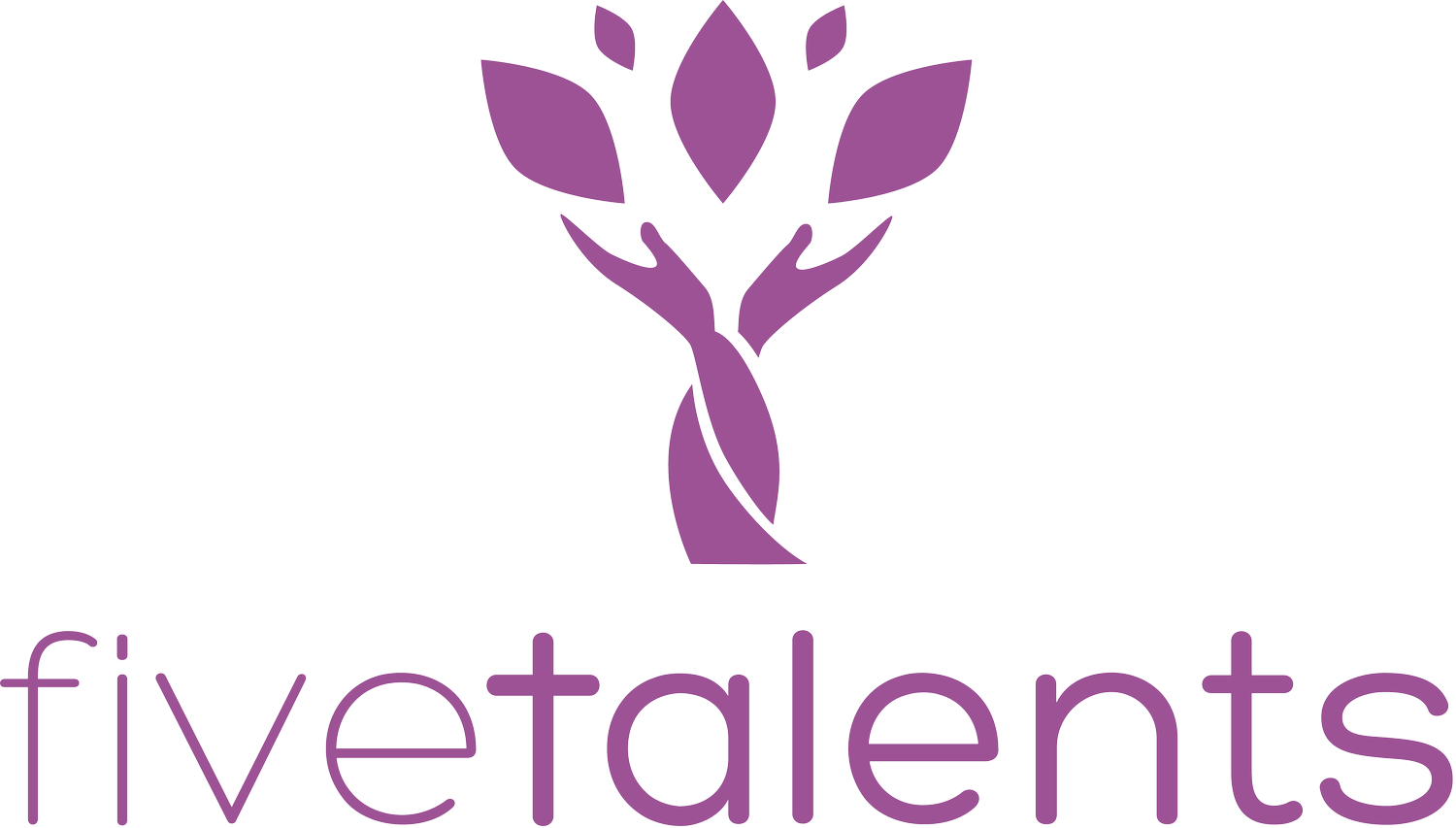Think, for a moment, about a world with no savings accounts, CDs, IRAs or stock investments. Where would you deposit your savings? Under the mattress? In a Mason jar buried beneath the rose bushes?
For many women and men in countries like South Sudan, Burundi, Myanmar, and Bolivia, this world is the only world they know. They can't log on to a bank's website and make a balance transfer. They can't access an ATM with a debit card. Even if they could visit a bank in a nearby city, few would have the resources to open an account.
So when Five Talents works with local partners to set up micro-savings programs in under-served, rural communities, we are establishing a critical service that forges community and empowers families.
The groups work like this: As many as 18 people come together and begin contributing small monthly deposits into a locked box. This monthly cycle continues until the group has accumulated enough capital to begin lending a small amount every month to one member. Each micro-loan recipient then has a set period of time to repay the loan, at which point another member receives a loan. Throughout this loan cycle, group members continue to make monthly savings deposits. When everyone has received and repaid one loan, the group may choose to repeat the cycle or divide up the savings equally among the members.
This process helps members to develop financial discipline. It provides opportunities for lending, so that micro-entrepreneurs can invest in their business and repay their loan with a portion of their new profits. It also nurtures a sense of community and identity.
Earlier this week, we posted a beautiful portrait of the "One Nation" savings group in Kuajok, South Sudan. "One Nation" is made up of merchants from all over the country who, for one reason or another, have been displaced.
Another savings group that Program Director Suzanne Middleton met during her recent trip to South Sudan formed in 2011 and has 12 members who sell building materials at a market in Wau. We featured one of the "Zeriba" group's members, named Reech, in a September blog post.
"They were all in the same market area, [and] through the savings group they found some way to help each other," said Suzanne. "They realized that as a group they could do more than they could individually and bought some timber with everyone's money. The profit went back into the [locked] box. We thought that was so great that they were taking collective risk to better themselves."
But that's not all. When the "Zeriba" group finished their first loan cycle, they began asking, "What's next? What can we do now?" The response from Five Talents' partner in Wau, World Concern, was that they could grow their group. And the next day, they had 12 more people to form a second group.
"Not only are they rebuilding their country, they're looking to the future," said Suzanne. "They're looking to their community and to how they're community can grow."
There's also an identity that comes with being in a savings group, explained Suzanne, who told the story of a man who came to a group meeting in Wau and said, "I'm not a member of the group, but I'm here to represent my brother who died, who was a member of the group. I want the group to let his son take his membership."
"That really blew me away," said Suzanne. "I can see now the meaning of that group to that family. It was a legacy that this father wanted for his son. I haven't processed it all, but that really was quite amazing. We look at the benefit of saving and borrowing and collective risk in some community, but there's more, there's a lot more to it.
"I heard the same thing about a year ago in the same town from another woman. She said, 'I can tell my husband that now I'm going to my group meeting.' There's a sense of identity – individually and in the community – that comes from the group that I don't think we can really understand [in the US]."

